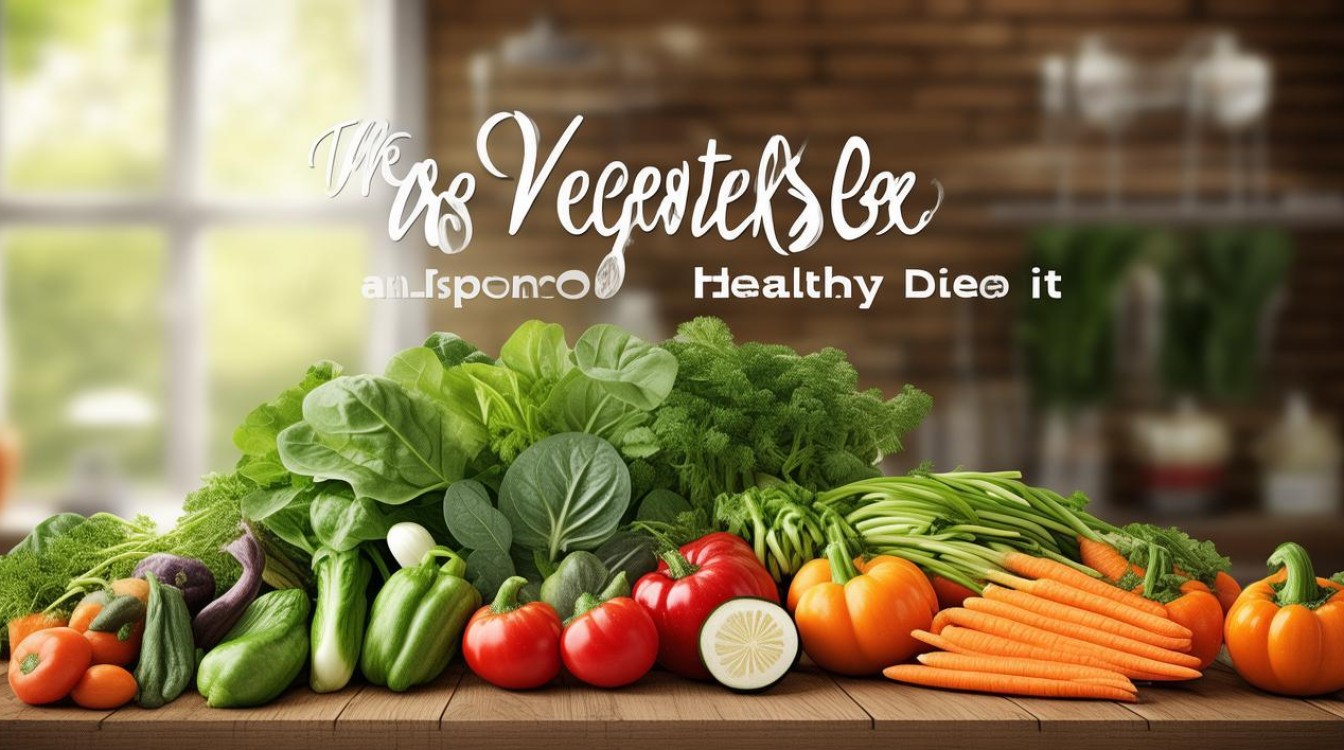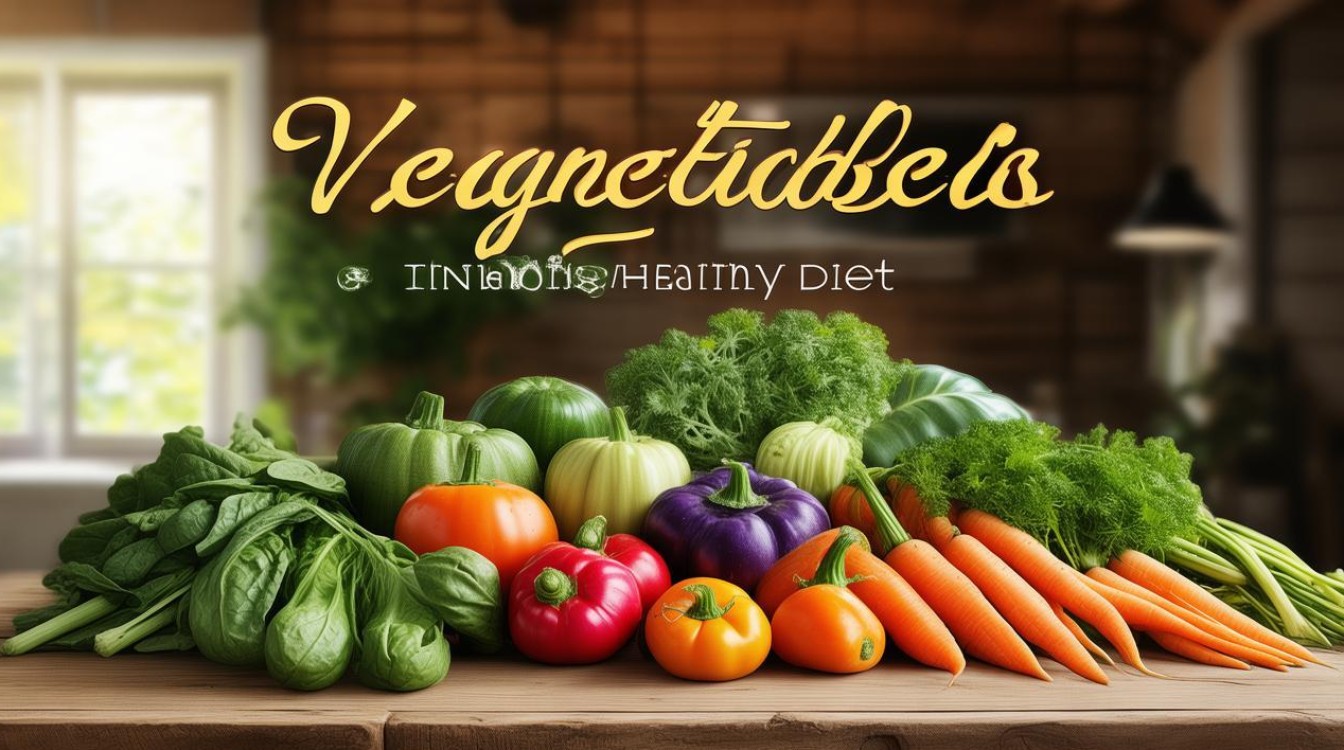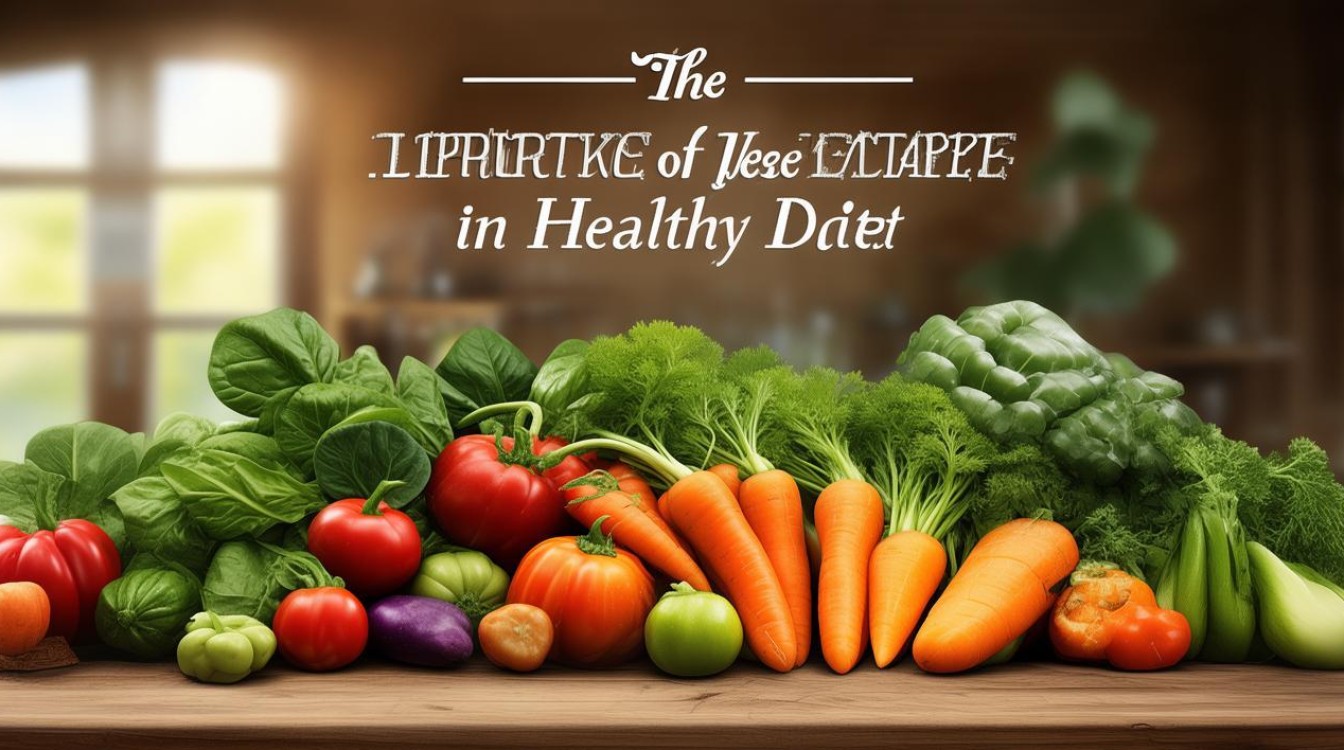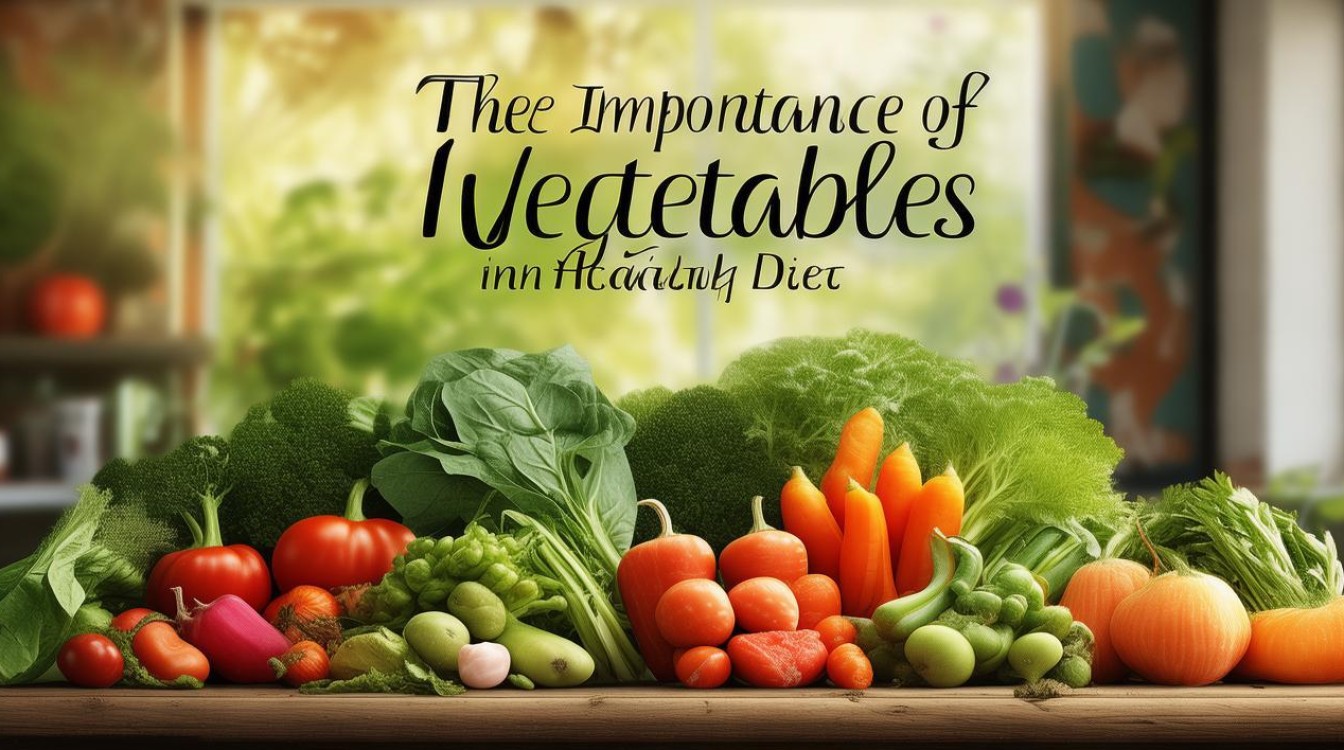Vegetables are essential for maintaining good health. Packed with vitamins, minerals, and fiber, they play a crucial role in preventing diseases and promoting overall well-being. Whether you enjoy them raw, steamed, or stir-fried, incorporating a variety of vegetables into your daily meals can significantly improve your quality of life.

Nutritional Benefits of Vegetables
Vegetables are rich in nutrients that support bodily functions. For example, leafy greens like spinach and kale provide iron and vitamin K, which are vital for blood health. Carrots and sweet potatoes contain beta-carotene, a compound that converts to vitamin A, essential for vision and immune function.
Additionally, vegetables are low in calories but high in fiber, making them ideal for weight management. Fiber aids digestion, prevents constipation, and helps regulate blood sugar levels. Broccoli, Brussels sprouts, and cauliflower are excellent sources of fiber and antioxidants, which protect cells from damage.
Popular Vegetables and Their Health Benefits
- Tomatoes – High in lycopene, an antioxidant linked to reduced risk of heart disease and certain cancers.
- Bell Peppers – Loaded with vitamin C, which boosts immunity and skin health.
- Garlic – Known for its antibacterial properties and ability to lower cholesterol.
- Onions – Contain sulfur compounds that may reduce inflammation and improve heart health.
- Cucumbers – Hydrating and rich in silica, which supports joint and skin health.
Including a mix of colorful vegetables ensures a diverse intake of nutrients. Dark leafy greens, red and yellow peppers, and purple eggplants each offer unique health benefits.
How to Incorporate More Vegetables into Your Diet
Many people struggle to eat enough vegetables. Here are some simple ways to increase vegetable consumption:

- Smoothies – Blend spinach, kale, or carrots with fruits for a nutrient-packed drink.
- Soups and Stews – Add diced vegetables like zucchini, celery, and carrots for extra flavor and nutrition.
- Snacks – Enjoy raw vegetables with hummus or yogurt dip instead of processed snacks.
- Stir-Fries – Combine bell peppers, mushrooms, and snap peas with lean protein for a quick, healthy meal.
For picky eaters, roasting vegetables with olive oil and herbs can enhance their natural sweetness, making them more appealing.
The Role of Vegetables in Disease Prevention
Research shows that a diet rich in vegetables can lower the risk of chronic illnesses. High vegetable intake is associated with reduced chances of heart disease, diabetes, and certain cancers. Cruciferous vegetables like cabbage and broccoli contain compounds that may help prevent cancer.
Moreover, vegetables support gut health by feeding beneficial bacteria. Fermented vegetables like kimchi and sauerkraut are excellent probiotics, improving digestion and immunity.
Organic vs. Conventional Vegetables
A common debate is whether organic vegetables are superior to conventionally grown ones. Organic farming avoids synthetic pesticides, which some believe makes produce healthier. However, both organic and conventional vegetables provide essential nutrients. Washing vegetables thoroughly removes most pesticide residues, making them safe to eat.

The key is to consume a variety of vegetables, regardless of farming methods. Frozen and canned vegetables are also nutritious options, especially when fresh produce is unavailable.
Growing Your Own Vegetables
Gardening is a rewarding way to ensure access to fresh, pesticide-free vegetables. Even small spaces can accommodate container gardens for herbs, tomatoes, or lettuce. Homegrown vegetables often taste better and encourage healthier eating habits.
For beginners, easy-to-grow options include radishes, green beans, and cherry tomatoes. Gardening also promotes physical activity and reduces stress, contributing to mental well-being.
Common Myths About Vegetables
Some misconceptions discourage people from eating vegetables. Let’s debunk a few:

- "Frozen vegetables are less nutritious." – Freezing preserves nutrients, making frozen vegetables just as healthy as fresh ones.
- "Carb-heavy vegetables like potatoes are unhealthy." – While moderation is key, potatoes provide potassium and vitamin C.
- "Raw vegetables are always better." – Cooking can enhance the bioavailability of certain nutrients, like lycopene in tomatoes.
Understanding these facts helps make informed dietary choices.
Final Thoughts
Vegetables are a cornerstone of a balanced diet. Their nutritional value, disease-fighting properties, and versatility make them indispensable. Whether you buy them from the market or grow them at home, prioritizing vegetables in meals leads to long-term health benefits.
Eating more vegetables doesn’t have to be complicated. Start with small changes, experiment with different recipes, and discover flavors that suit your palate. The journey to better health begins with a single bite of a crisp, fresh vegetable.

